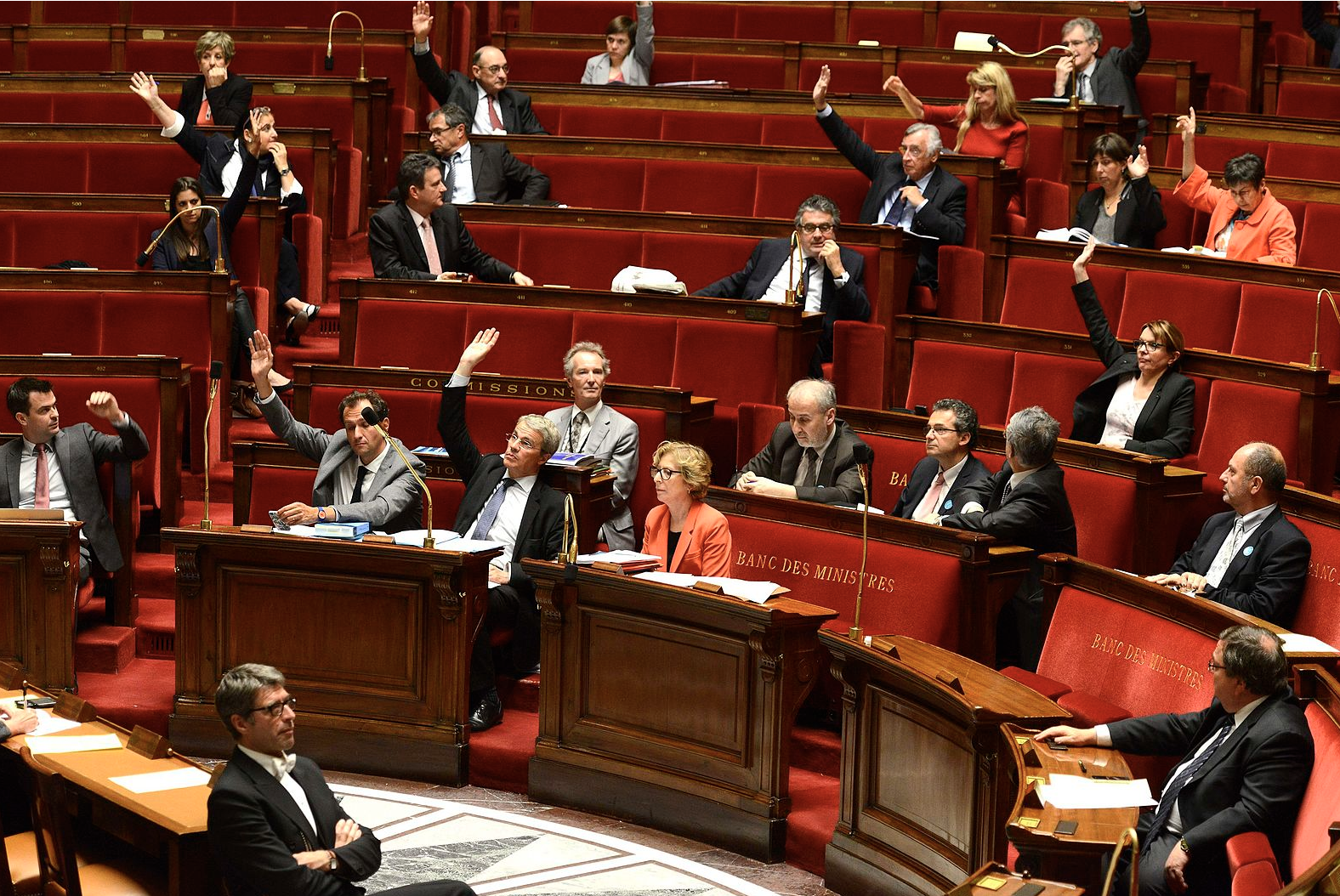
The success of Marine Le Pen’s Rassemblement National (RN) in the legislative elections on Sunday, June 19th, has cast a new spotlight on the party of the national Right, giving greater relevance and strength to its representatives and political programme. Crucially, it has opened the way to new possibilities in public office.
By winning 89 seats in the National Assembly, the RN obtains the status of the first opposition party to Emmanuel Macron, since the left-wing opposition is embodied by a coalition, the NUPES, in which Jean-Luc Mélenchon’s La France Insoumise (LFI) party only holds 75 seats. Traditionally, the first opposition party has to provide a key position in the National Assembly, namely the president of the parliamentary finance committee. This has been a respected practice at least since 2007. From then onwards, this custom has continued and even extended to the Senate Finance Committee. In 2009, at the initiative of a reform by Nicolas Sarkozy, the rules of the National Assembly stipulated that “only a deputy belonging to a group that has declared itself to be in opposition may be elected to the chairmanship of the Committee on Finance, the General Economy and Budgetary Control.”
After the presidency and vice-presidency of the Assembly, the Committee on Finance is the most important office in the Assembly: with 68 deputies (out of 577), it is responsible for monitoring and controlling the implementation of finance laws, and more broadly for overseeing all matters relating to fiscal and monetary policy—state revenue and expenditure, currency, national companies, etc. It may also refer matters to the National Audit Office. It can also refer matters to the Competition Authority, request the opening of a parliamentary committee of enquiry, reject amendments that would affect the state budget, or lift tax secrecy to access the files of individuals or companies. It is therefore an extremely powerful instrument for controlling government policy.
In the hours following the election, La France Insoumise leader Jean-Luc Mélenchon tried to convince his allies in the NUPES—the socialists, communists, and ecologists—to form a single parliamentary group, in order to appear as a united bloc, thereby dislodging Rassemblement National to become the primary opposition force with 131 seats to Le Pen’s 89. But the different parties of the Left have shown no desire for such a solution and have made their refusal of such a move loudly known. Indeed, the traditional left-wing parties that were in the coalition during the elections have no interest in losing their autonomous parliamentary group, as it gives them visibility and the possibility to speak differently in the Chamber of Deputies. Jean-Luc Mélenchon’s strategy, which was considered stifling and not respectful of the diversity of the left-wing forces, was vigorously criticised by the communist Fabien Roussel, who distanced himself from the group, soon followed by Olivier Faure, the secretary-general of the Socialist Party. The fragility of the NUPES quickly became apparent.
As such, the Rassemblement National can legitimately regain the presidency of the Finance Committee—especially since the text of the rules of the procedure remains vague and speaks of “an” opposition group. On the morning of Monday, June 20th, Marine Le Pen expressed herself on this subject: “The post of president of the Finance Committee must be attributed to an opposition group; given the results, it must obviously come from the Rassemblement National group,” she told the press from her constituency in Hénin-Beaumont.
However, nothing is guaranteed for the Rassemblement National. The election of the president of the finance committee is due to take place on June 30th. Not being in the opposition, the Macronist deputies—the largest faction in the Assembly, though no longer a majority—traditionally would not participate in this vote. Nevertheless, they remain free to do so and therefore have some power to tip the balance one way or the other. Mathematically, the assembled NUPES has more votes than the RN, and can therefore allow its candidate for the post of president to win. The arbitration, therefore, lies in the hands of the Macronists—if they want to interfere—and the Les Républicains party. Will they choose the far-Left or the national Right? The executive has not yet decided on its strategy. A source within the executive confided to Public Sénat the desire to “prevent a deputy LFI” from chairing this committee, for fear that it “crashes,” “blocks,” or at least delays the examination of the budget.
